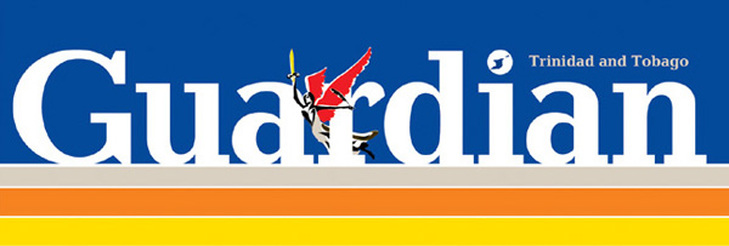“Anarchy” is one of those apparently straightforward words. Most persons understand it as a descent into chaos and disaster. And politicians deploy it because it sparks a dark image of the rule of law giving way to a primordial battle of all against all. Not to mention it’s a popular word many citizens use to lament everyday life.
One of the ironies of this descent into anarchy meme is it never applies to all citizens equally. For example when elites ignore the rule of law, say in corruption or fraud cases, politicians never evoke the moral panic of a society-wide descent into lawlessness.
To cut a long story short, to the acting PM and probably most other incumbent political figures in any government, anywhere in the world, the anarchic are people who threaten the status quo as defined by the powerful and elite.
Now many persons do not agree with Winston Duke and his tactics. It is impossible to deny the backlog and frustrations many citizens have endured. While the failure of the state to provide travel documents to its citizens is clearly a serious breakdown in the social contract.
Yet let us not fool ourselves. As Walter Rodney pointed out in 1972, “the state arose as an instrument to be used by a particular class to control the rest of society in its own interests.” As much as most citizens think it is there to look after their own needs as citizens, the state’s central function is to protect wealth and private property. So if and when the not-so-rich fight and denigrate amongst themselves, as they often do over worker rights, and as they are doing now, the state and its status quo is safest.
This is where the definition of anarchism gets interesting. In the political sociology literature anarchism has a different definition from that generally understood or suggested by the acting PM.
Anarchism most accurately means “without rulers”. It as an umbrella term for a variety of different political ideologies concerned with organising life from a bottom-up perspective, distinct from the top-down system of bourgeoisie democracy and the post-colonial state bureaucracy we currently endure.
What does this mean? How does a society without rulers even work? Actually, the foundations of anarchism aren’t that unfamiliar to what many people intuitively feel are solutions to many social problems. Anarchist ideas and principles include mutual aid, voluntary association, decentralisation, direct democracy, egalitarian decision-making, participatory management, and dismantling the machinery of state rule.
Anarchism is a faith and practice in fundamental human values. Yet such simple ideas are dangerous to the status quo and this is why the real meaning of anarchism is replaced with fear and stigma in popular culture, politics and academia.
The anthropologist David Graeber offers a useful description of anarchy: “On one level it is a kind of faith: a belief that most forms of irresponsibility that seem to make power necessary are in fact the effects of power itself. In practice though it is a constant questioning, an effort to identify every compulsory or hierarchical relation in human life, and challenge them to justify themselves, and if they cannot – which usually turns out to be the case – an effort to limit their power and thus widen the scope of human liberty.”
Which brings us back to the acting PM’s statement. Yes, we all want public service workers to be there for our needs. And yes we all understand for this to happen they must be treated fairly and have a healthy working environment. So why is jail being threatened for persons asking such things? And why is it suggested the whole of society will descent into lawlessness for such demands to be resolved?
In this sense right and left politics become the repressive vs. the anarchic. The former is our post-colonial road that favours wealth and private property, the latter is an alternative way to think about solving problems and politics in the interests of all, especially those with little wealth and private property.
The irony is the acting PM, a once revered trade unionist, now describes solving workers’ rights as a nightmare descent into lawlessness, in need of repression. When anarchy more accurately, as the acting PM probably knows himself, would be an on-going conversation about rebuilding the entire system and providing workers with input into their working conditions.
Dr Dylan Kerrigan is an anthropologist at UWI, St Augustine

 RSS Feed
RSS Feed